How to deal with jet lag when you’re on holiday
Lessen the effects of jet lag and hit the road ready to holiday once you arrive at your destination. CNA Lifestyle speaks to the experts for their tips.
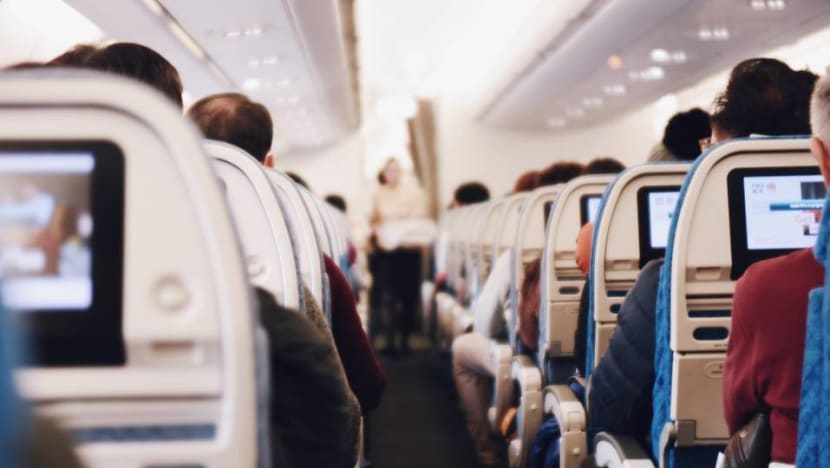
(Photo: Unsplash/Suhyeon Choi)
Jet lag. The two dreaded words that can turn a holiday into living hell. You're sleepy in the day and wide awake at night. You're tired and cranky, you can't concentrate, your appetite is shot... in other words, you're not enjoying yourself at all.
And the cause of all this misery is, you. More specifically, it is your body clock or circadian rhythm that is out of sync with your holiday destination's clock. Your body may be physically in sunny Los Angeles but your body clock still runs on Singapore time, where it's night. And jet lag can set in a day or two after arriving.
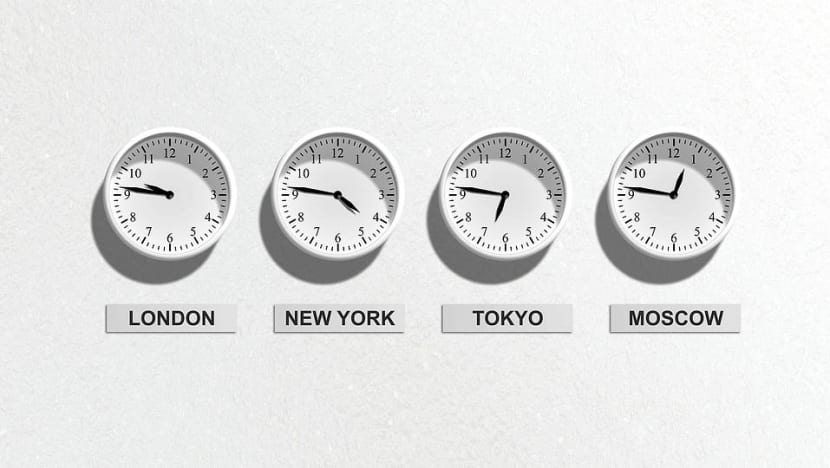
What exactly is the circadian rhythm? According to senior staff physician Dr Ong Kok Kiong from Khoo Teck Puat Hospital (KTPH), it is a 24-hour internal clock that regulates when you wake and when you sleep.
"There is a distinct rise and fall of body temperature - along with plasma levels of certain hormones such as melatonin, and other biological conditions – in tandem with our circadian rhythm," said Dr Ong, who is also the deputy director of KTPH's Health For Life Centre.
LIGHT, MELATONIN AND THE DIRECTION OF TRAVEL
As it turns out, melatonin is not just the stuff of supplement claims in infomercials. It is a hormone produced by your body in the absence of light. Usually, this occurs around 9pm, according to the American National Sleep Foundation. From then on, melatonin levels rise sharply and makes you feel sleepy. They stay elevated for about 12 hours before the light of a new day makes them fall back to low levels. You can see how the reverse in light and darkness can throw your rhythm off course.

The other factor that can affect jet lag is the direction of your travel, along with the difference between the number of hours in the time zone you're in and the time zone you travelled from, said Dr Samuel Low, clinical director at Parkway Shenton. "Those who are travelling north or south, and staying within a similar time zone usually will not have jet lag," he said. The same can be said of those flying west-ward.
"But those travelling towards the east will face more difficulties as it may require the body clock to adjust one day per hour of time zone change," explained Dr Low. Your odds of jet lag are also higher when you cross more than two time zones.
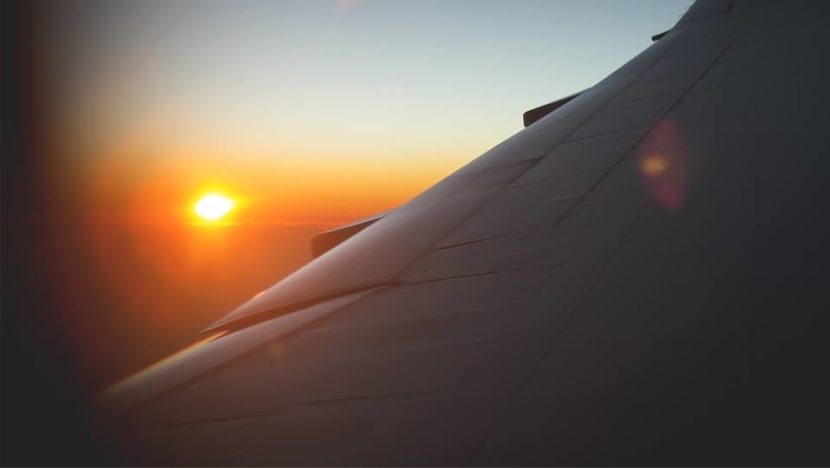
If you are stressed or have a pre-existing sleep issue such as insomnia, jet lag may exacerbate those issues, said Dr Ong. What can also worsen the effects of jet lag are sleep deprivation before travel, poor flight conditions (more reason to upgrade?) and excessive caffeine intake. Age is another factor as older travellers tend to recover slower from jet lag.
DAWN AND DUSK MIMICRY LIGHTING
The effect of light on your circadian rhythm is something that hasn’t escaped aviation experts. Boeing, one of the largest builders of commercial aircrafts, uses various combinations of colour lighting in the 787 Dreamliner and 737 Sky Interior to mimic dawn or dusk, said Blake Emery, director of Differentiation Strategy at Boeing Commercial Airplanes.

Instead of flicking the lights on and flooding the plane's interior in glaring, fluorescent light, the cabin will brighten slowly, changing from purple and orange to yellow, and eventually, turning white against a blue sky. By mimicking the light schedule of your destination, some of the dreaded jet lag can be alleviated.
“Lighting can play a role in emotional well-being, depending on the extent to which an airline uses it,” according to Emery, who said that some 737s and all 787s already have the light technology since 2010. The 777X models will have the feature installed in the future.
According to him, the 787’s increased cabin pressure – which makes breathing easier – and increased humidity have also led to fewer passengers reporting symptoms associated with jet lag.
BEFORE YOUR HOLIDAY
Can you reset your body clock to minimise the effects of jet lag, even before boarding the plane? Apparently, you can ease your body into the new time zone you're travelling to. Here's what Dr Low recommends before boarding your flight:
- Travelling west-ward: Sleep one to two hours later for a few days before flying. Get some bright light in the evening.
- Travelling east-ward: Go to bed one to two hours earlier for a few days before travel. Expose yourself to bright light in the morning.
DURING THE FLIGHT
Try to stay up during the flight, advised Dr Ong. That shouldn't be a problem with the inflight entertainment system at your disposal. But if you can't help but nod off, limit your nap to no more than 30 minutes; any longer and you may affect your sleep time in the new time zone, he said. However, don't rely on caffeine to keep awake, said Dr Ong.
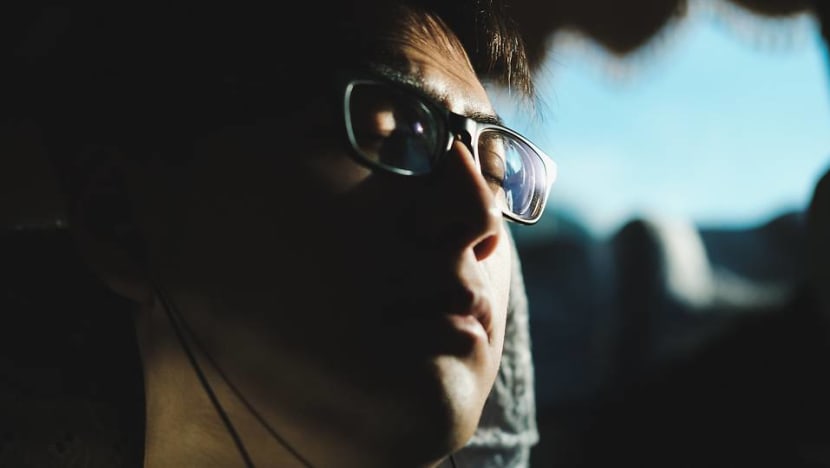
On the other hand, you should definitely try to get some sleep if you are on a red-eye flight, according to Dr Ong. While it is easy to give in to an extra glass of wine to try to make yourself sleepy, he advised to avoid alcohol and large meals. Another trick if you find yourself unable to sleep while on the plane: Arrive one to two hours before bedtime, so you can fall asleep as soon as you reach your hotel.
UPON ARRIVAL
You've touched down and the time is the complete opposite of Singapore's. For starters, adjust your watch to match the local time – and essentially, let it guide you in your activities. For instance, if you arrive at night, go to bed when you get to your hotel, said Dr Ong. But if it's day time when you arrive, try to stay awake.
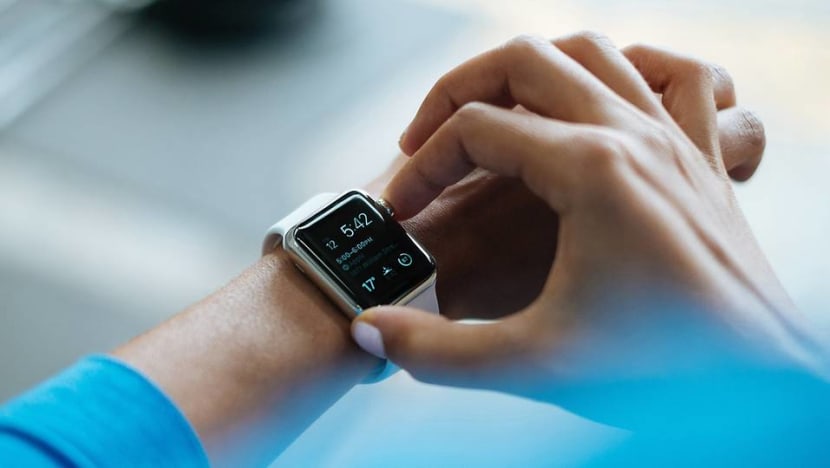
Staying outdoors and getting some daylight exposure can also help to reset your body clock and make you feel less sleepy, he said. There's no harm in having some coffee in the day, if it helps, but not near bedtime. And even if you don't have much of an appetite, eat according to the new time zone, advised Dr Ong.
If you still can't keep your eyes open, despite your best efforts, go ahead and take a short nap of 20 to 30 minutes, especially if you've had an overnight flight, said Dr Ong. Preferably nap at least eight hours before the anticipated bedtime to avoid sleep disruption at night, he added.
But don't rely on these naps to get you through; it is crucial to get some anchor sleep. "It is necessary to let your internal body clock adapt to the new time zone with a minimum block of four-hour sleep of local night," said Dr Low.
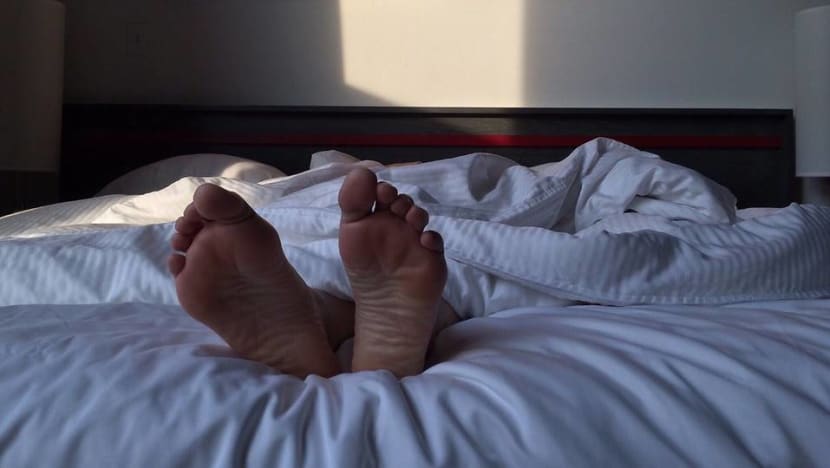
To help you sleep better, head for the hotel gym for some light exercise during the day, said Dr Low. But do not count on tiring yourself out with heavy exercise when it's near your bedtime, cautioned Dr Ong.
The judicious use of melatonin may also help. The Mayo Clinic recommends trying a dose between 0.1mg and 8mg, taken close to bedtime at your destination and then daily for a few nights.















